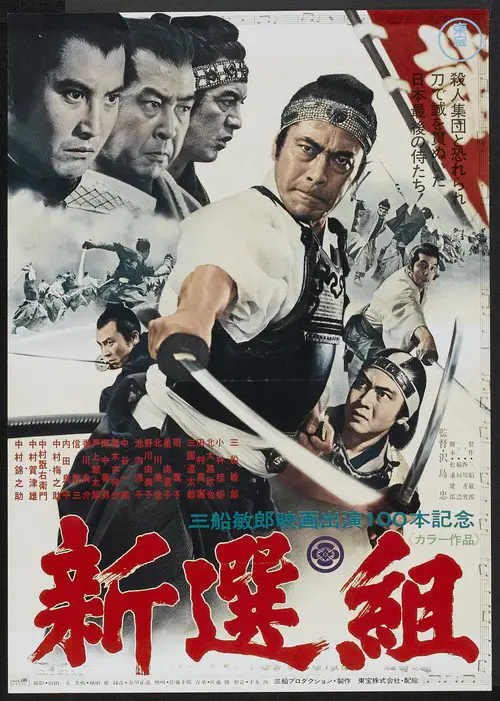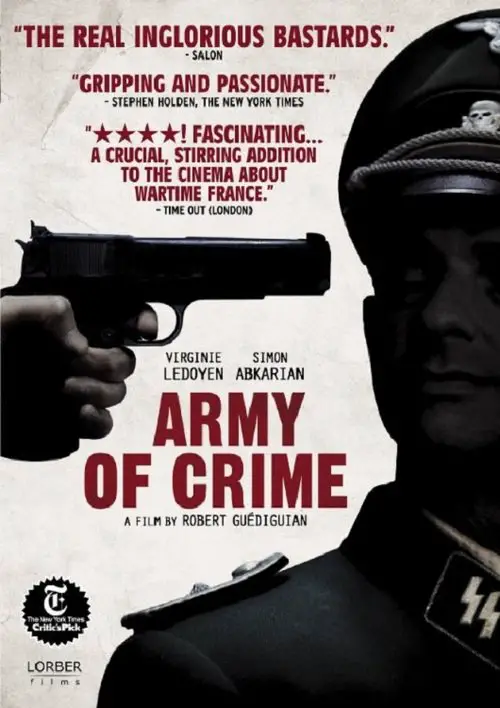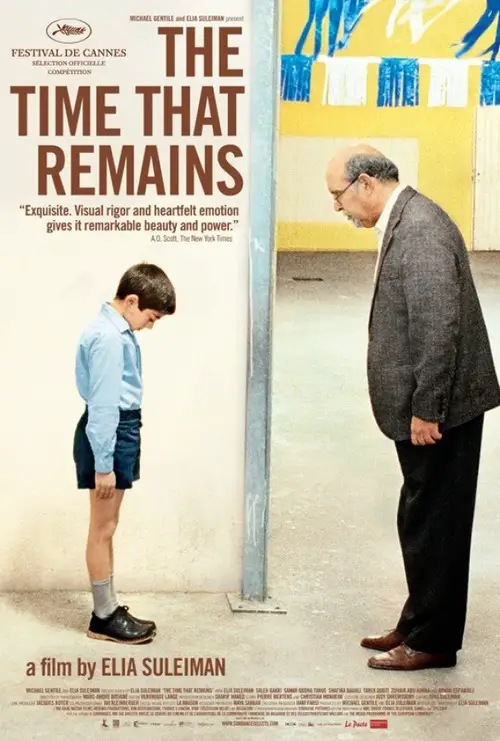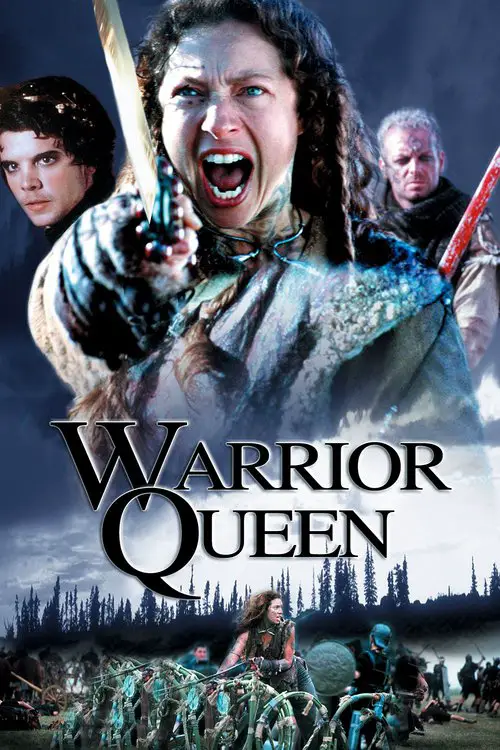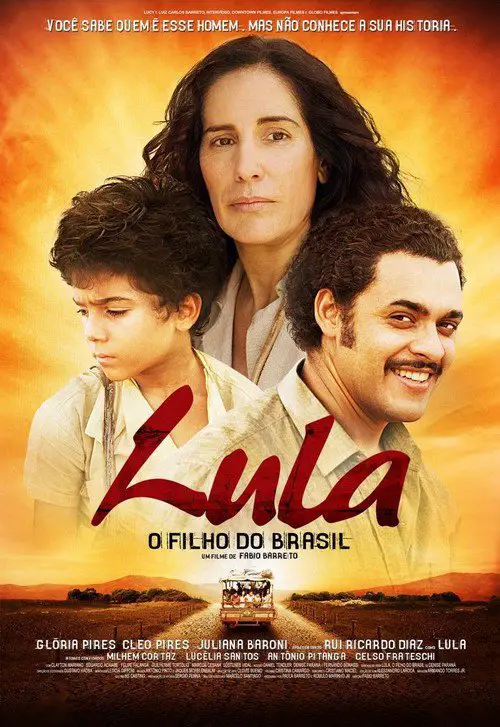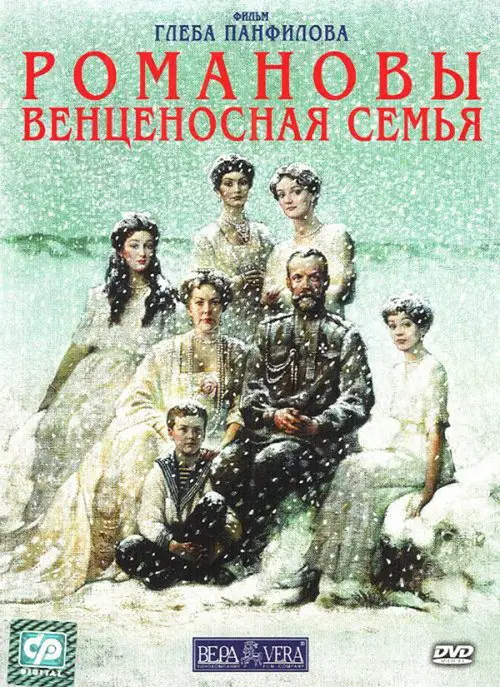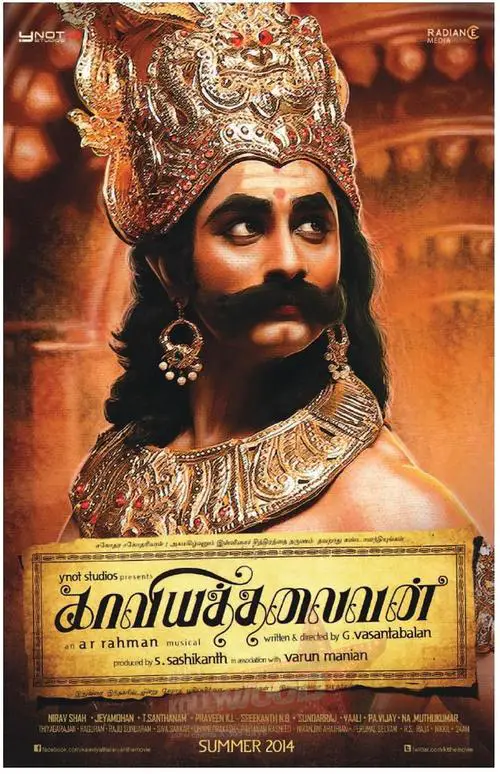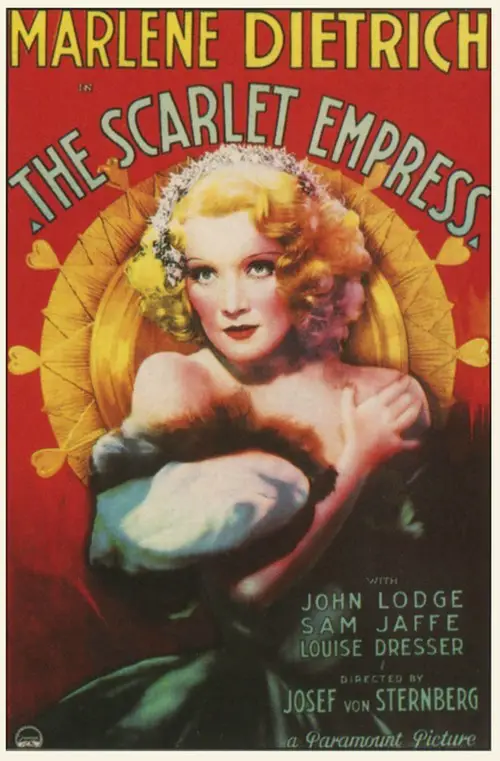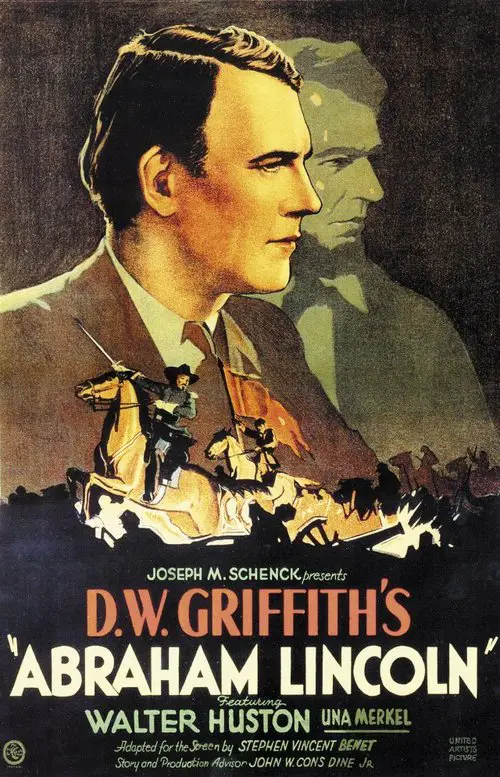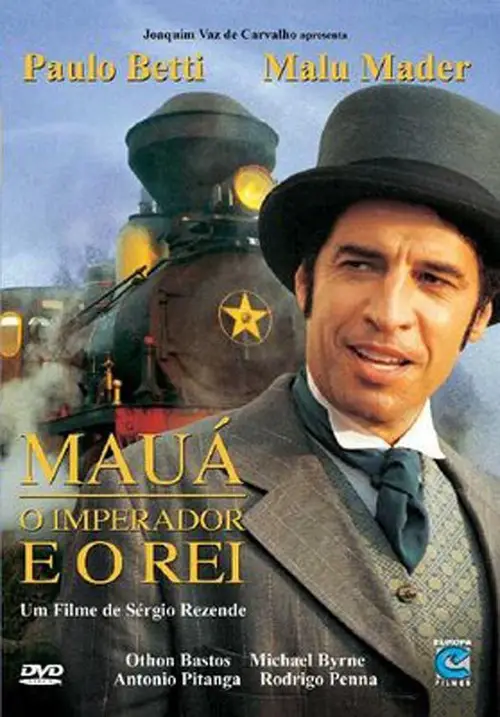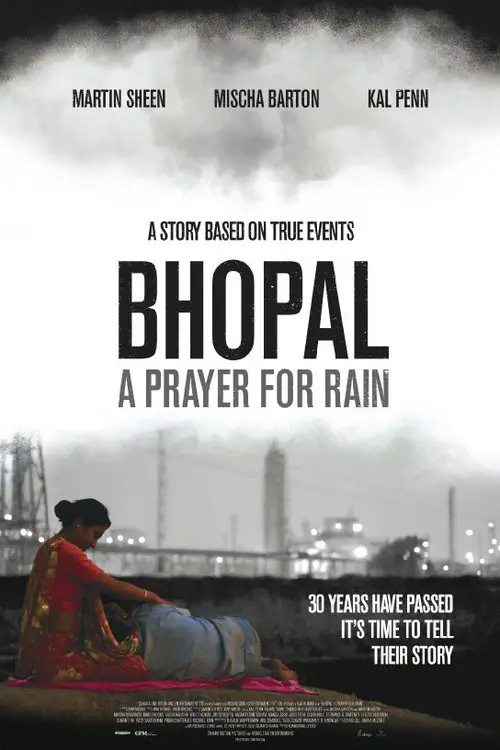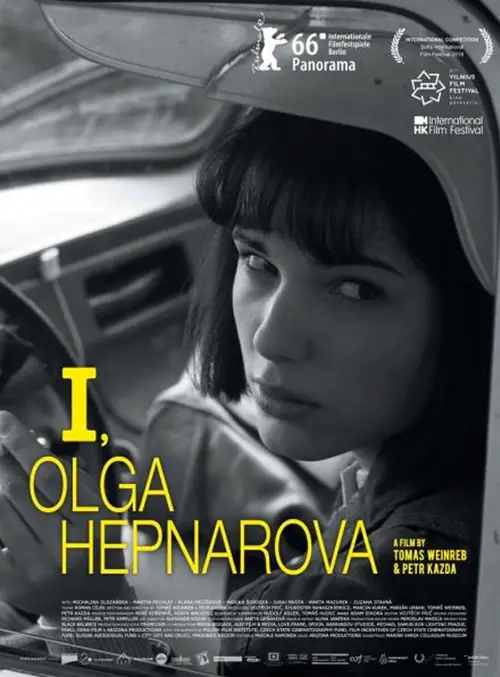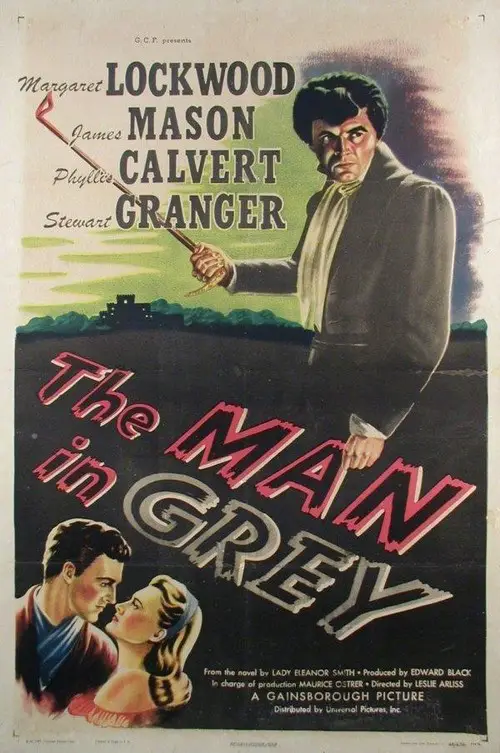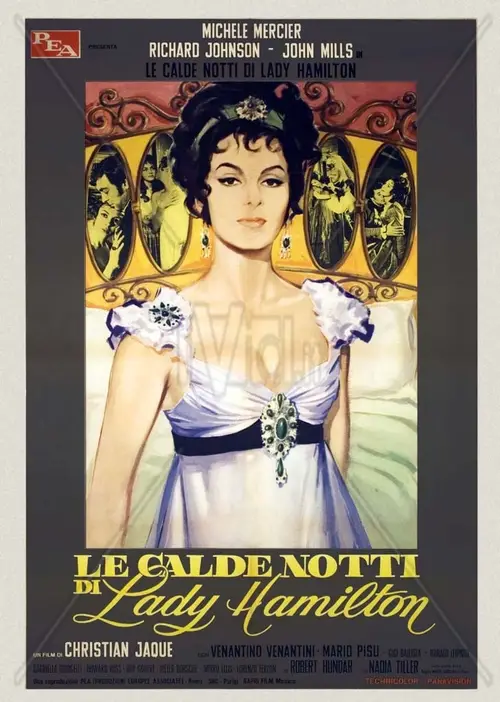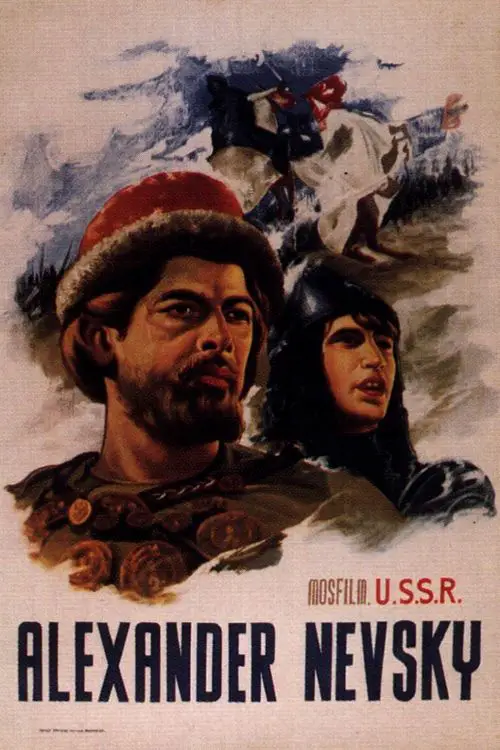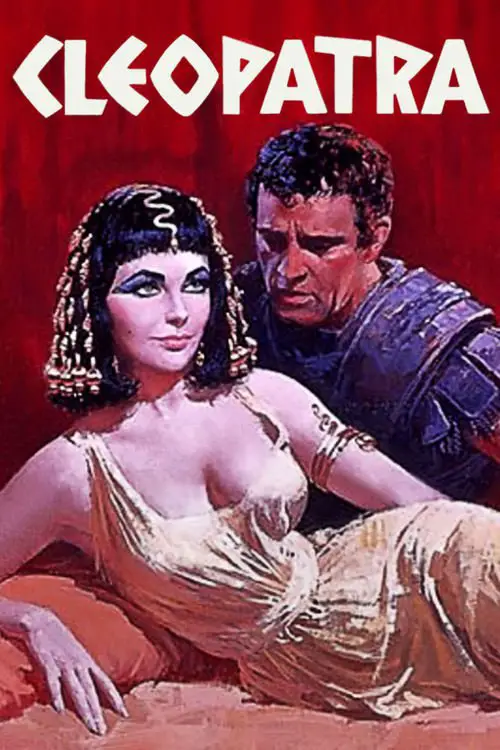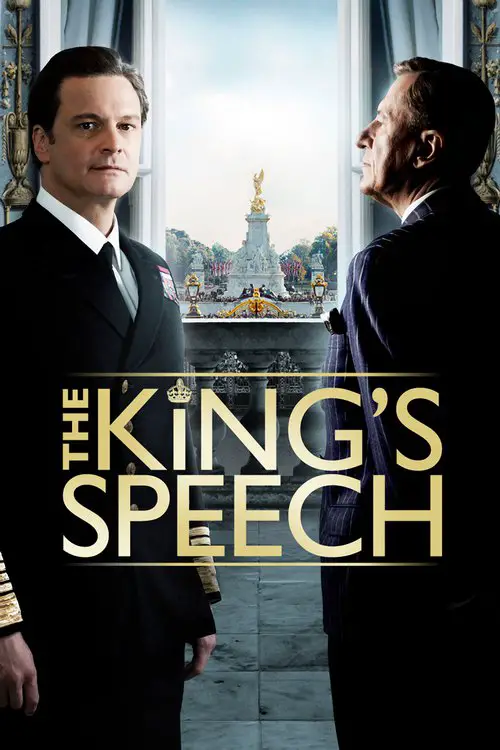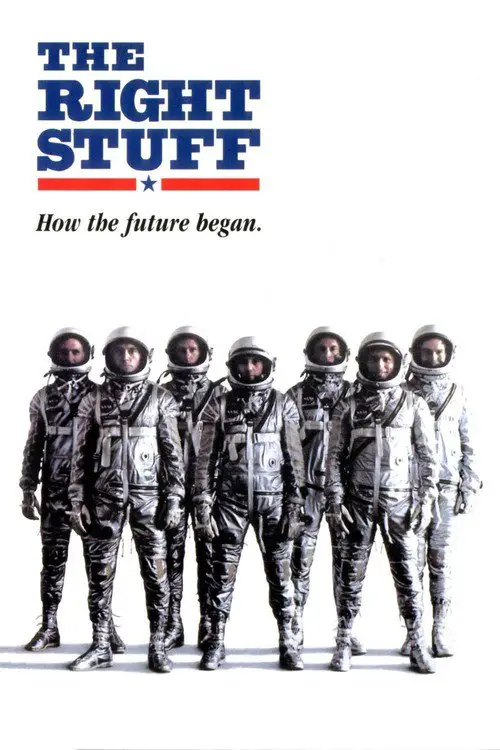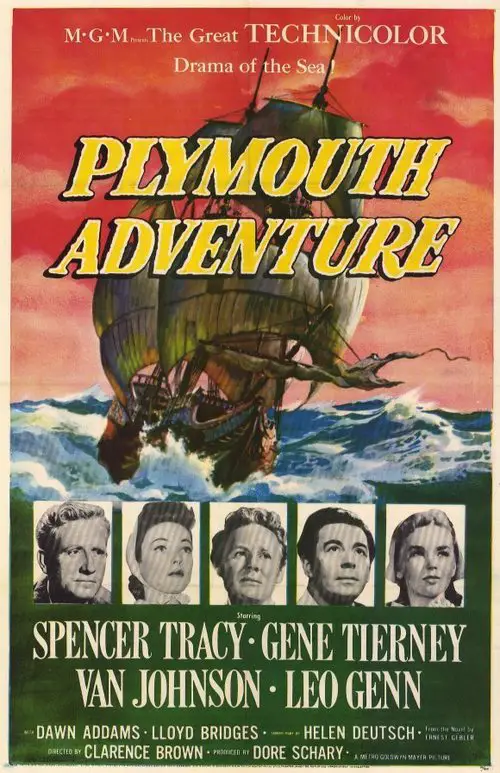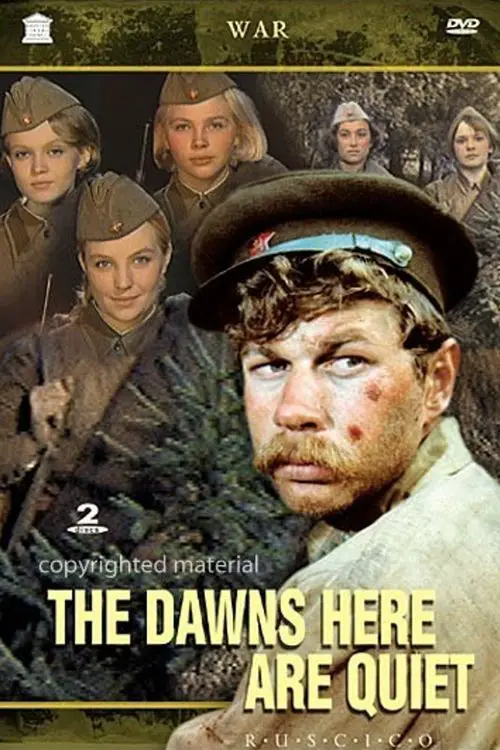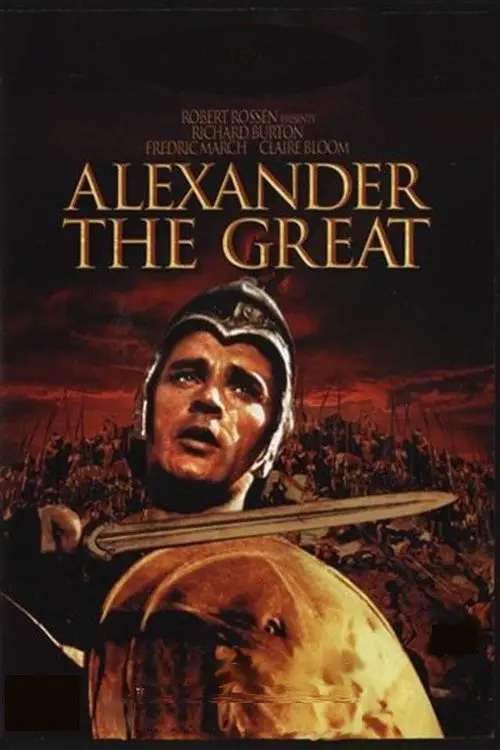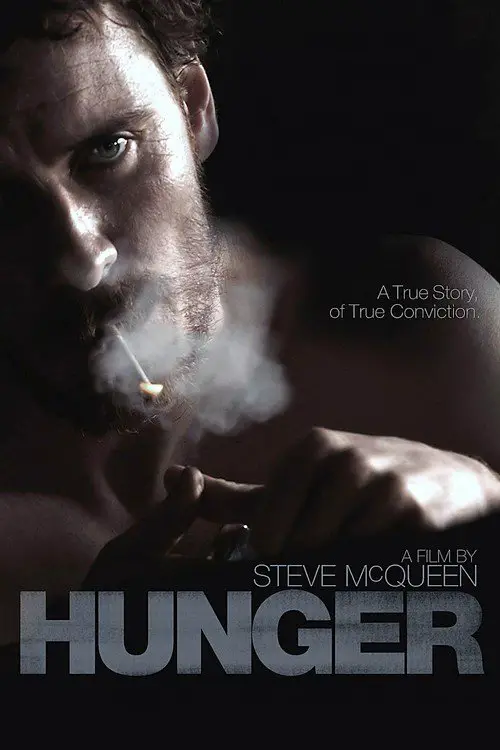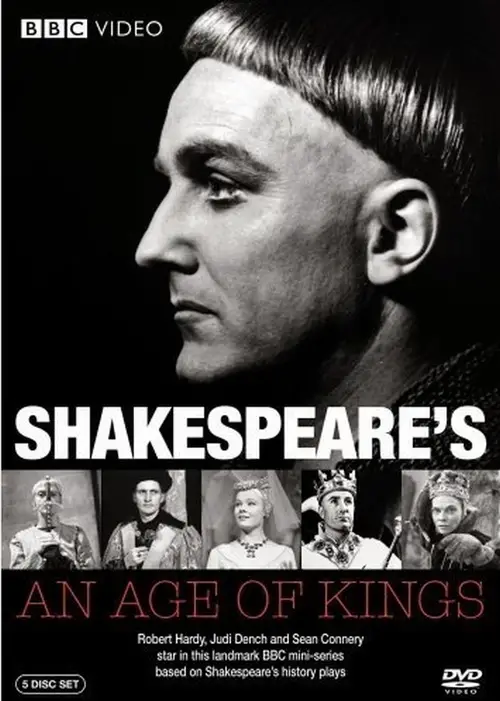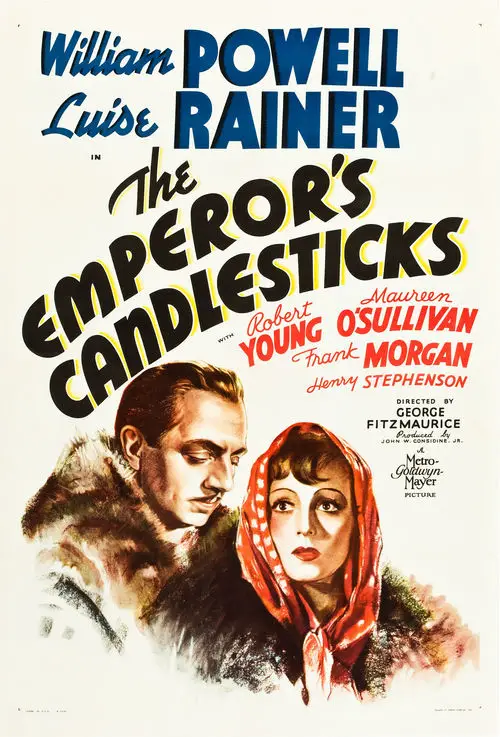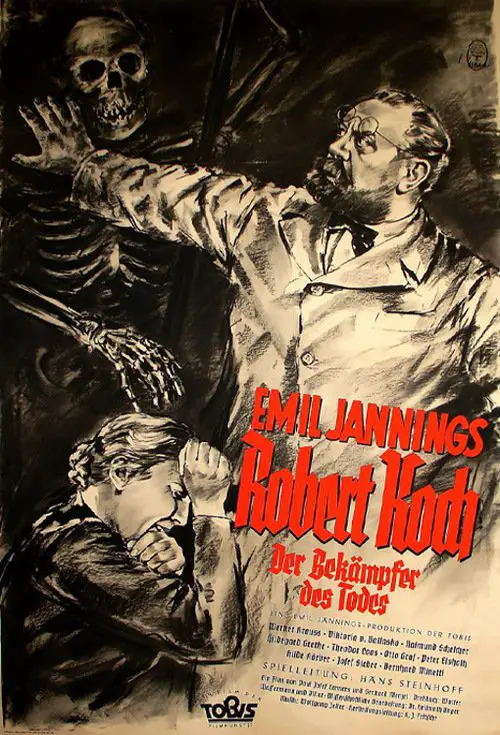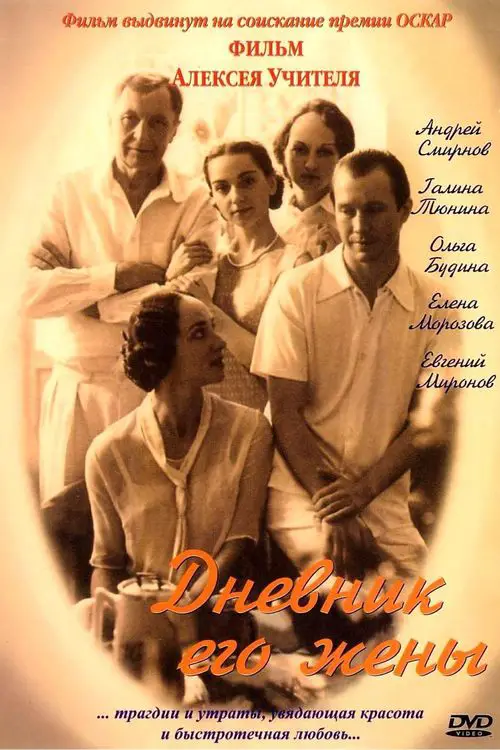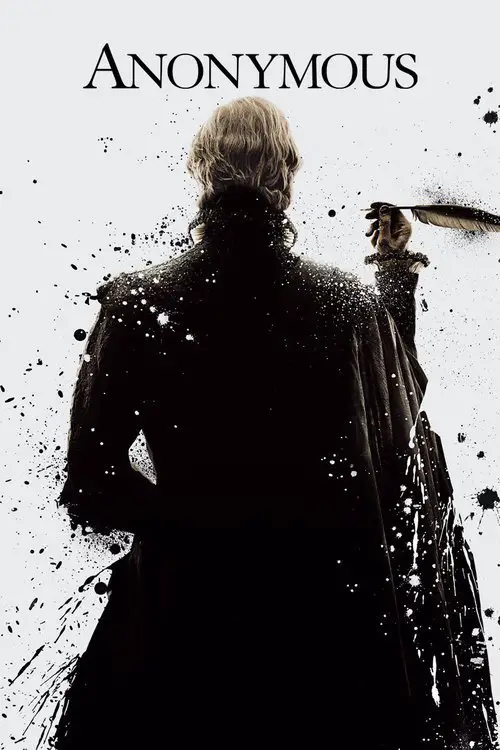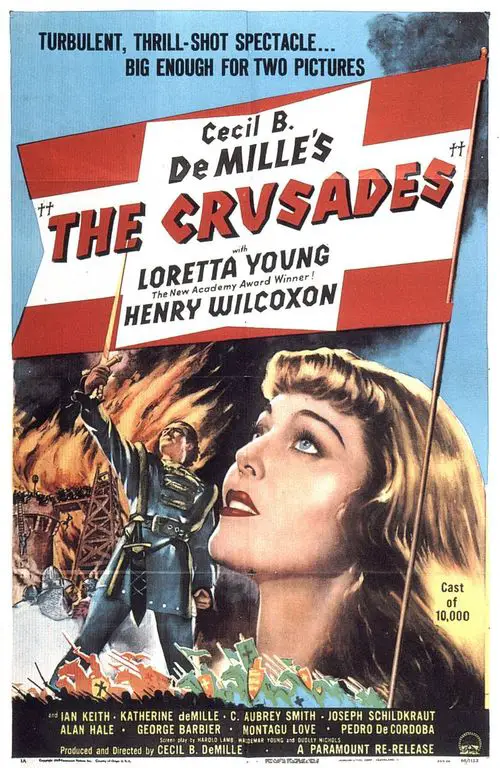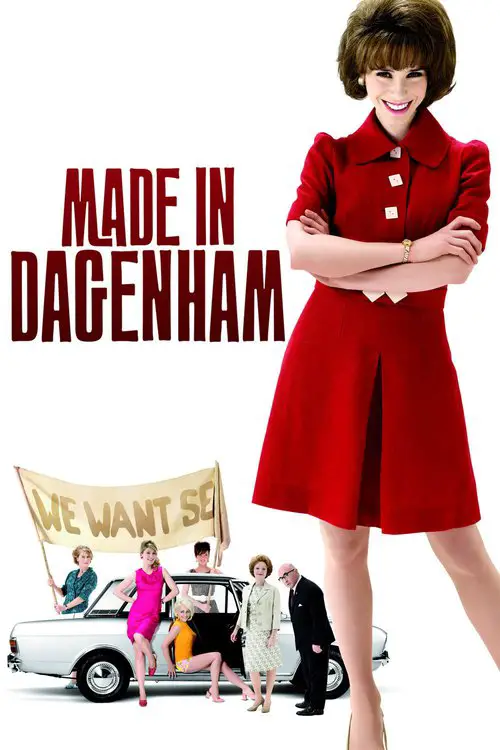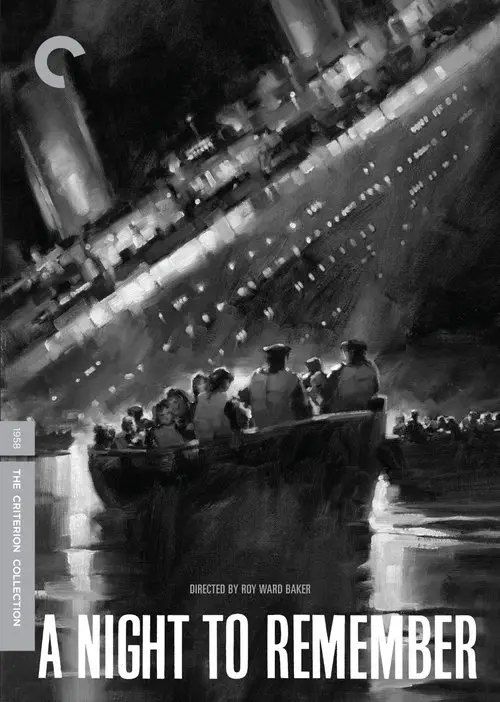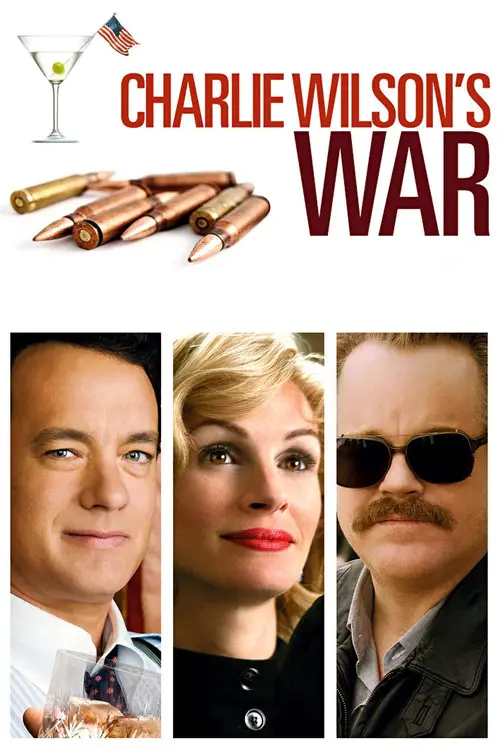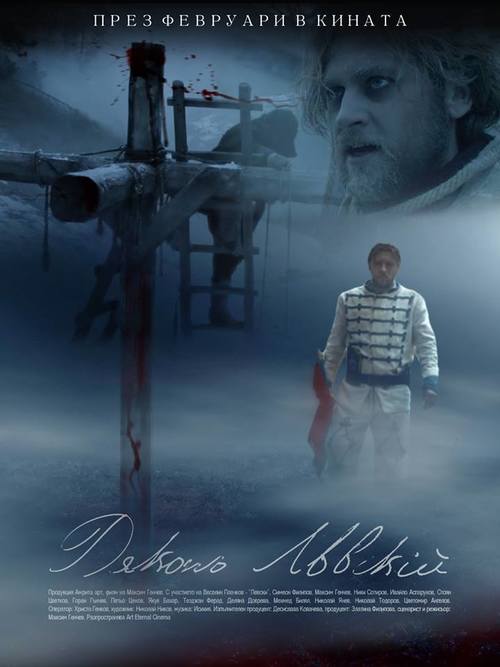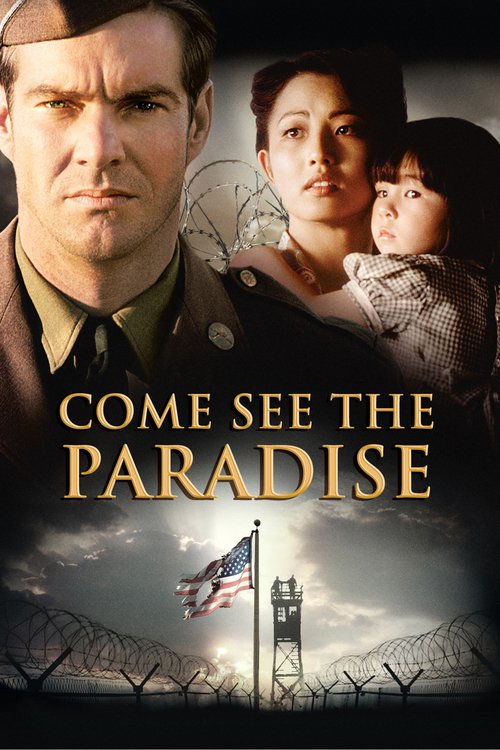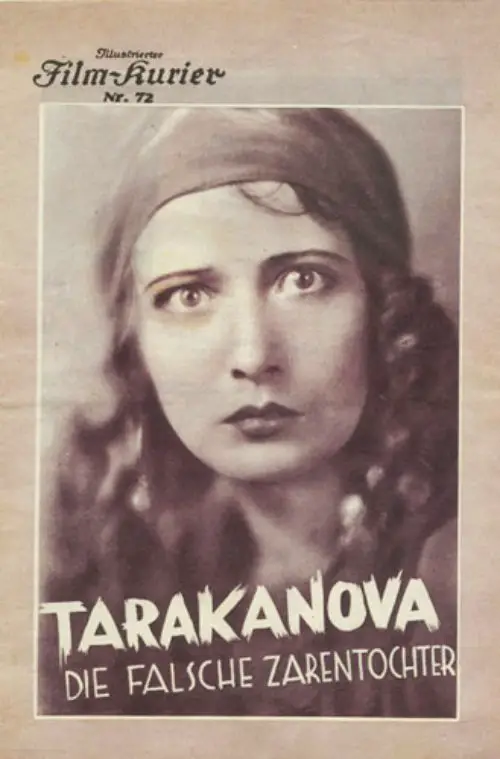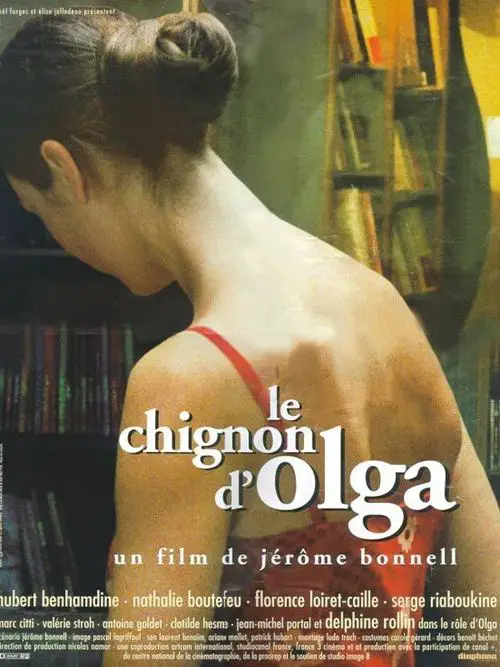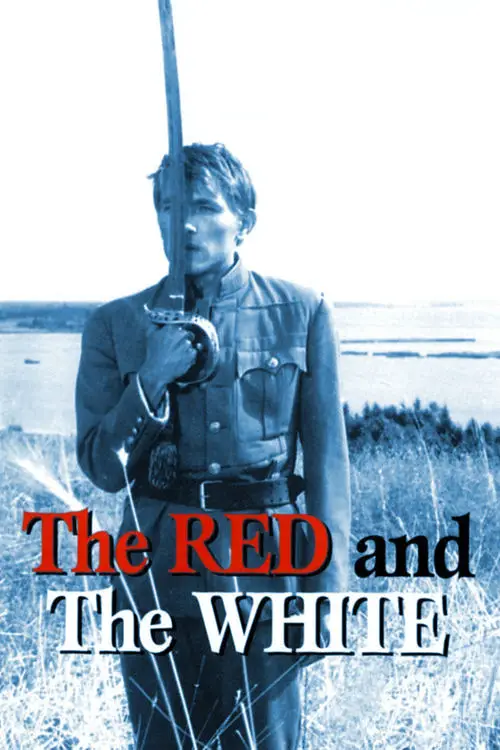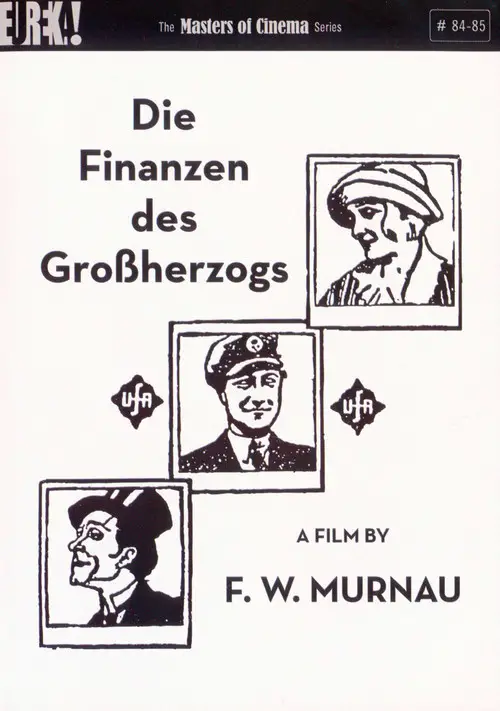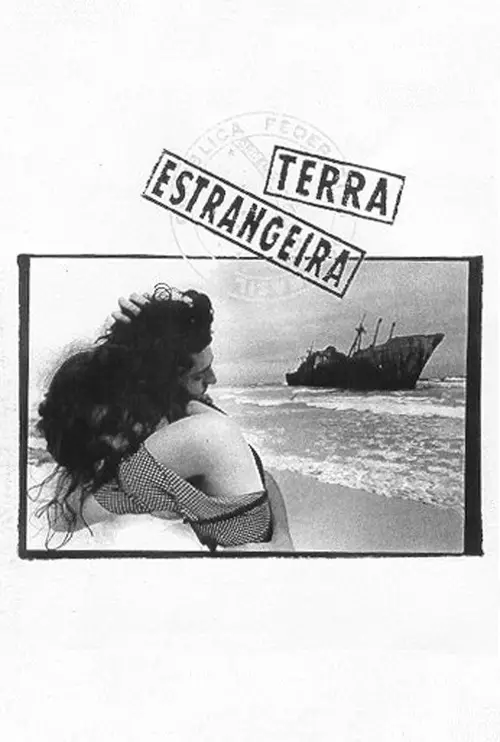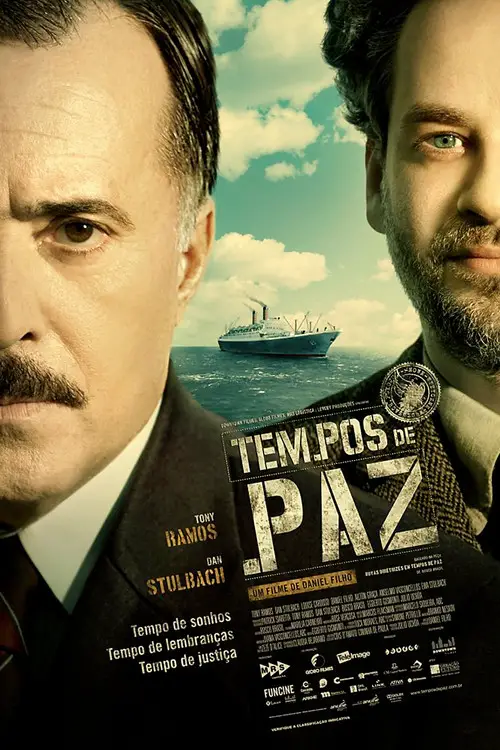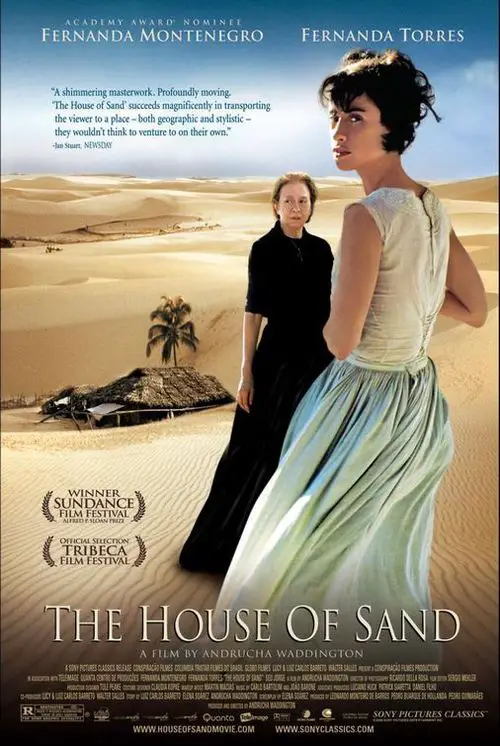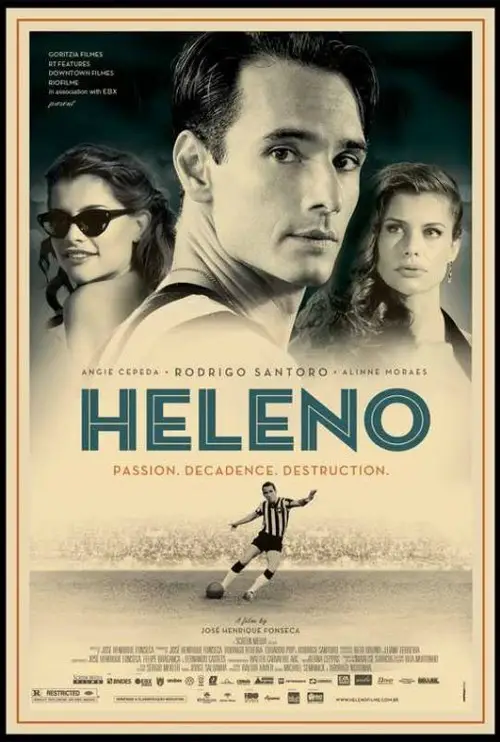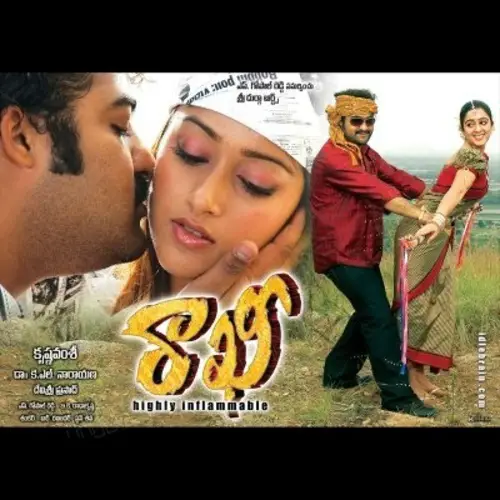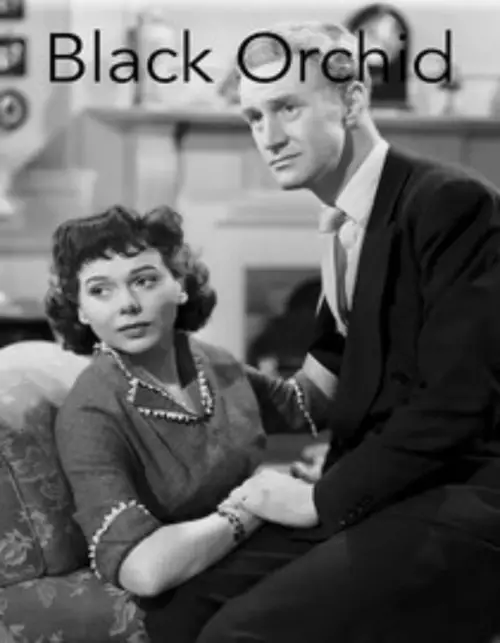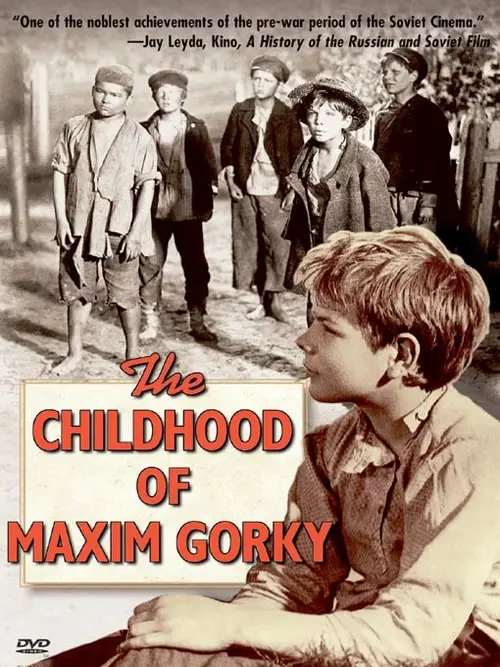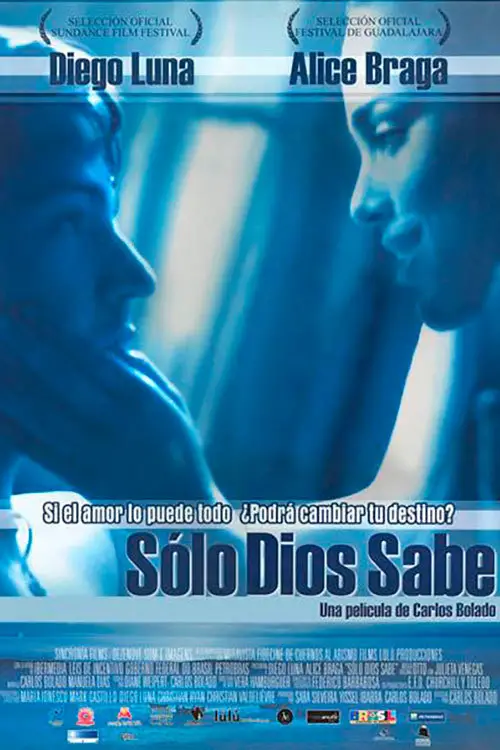Olga (2004)

Similar movies
Fernando, a journalist, and his friend César join terrorist group MR8 in order to fight Brazilian dictatorial regime during the late sixties. Cesare, however, is wounded and captured during a bank hold up. Fernando then decides to kidnap the American ambassador in Brazil and ask for the release of fifteen political prisoners in exchange for his life.
Near the end of the nineteenth century, as the balance of power shifts from Shogunate towards the Emperor, Japan restlessly awaits the dawning of a new age. But not all are content...The Shinsengumi, a small army of samurai, farmers and peasants, band together to do battle against the tide of history. Their leader, Isami Kondo (Mifune) is a man who rises from farmer to fighter to head the fierce Shinsengumi brigade. Using a stern hand and a heart of gold, he rallies his men in defense of the tottering Shogunate. But bloodshed and treachery lurk around every corner.
This gripping historical drama recounts the story of Armenian-born Missak Manouchian (Simon Abkarian), a woodworker and political activist who led an immigrant laborer division of the Parisian Resistance on 30 operations against the Nazis in 1943. The Nazis branded the group an Army of Crime, an anti-immigrant propaganda stunt that backfired as the team's members became martyrs for the Resistance. Virginie Ledoyen co-stars as Manouchian's wife.
An examination of the creation of the state of Israel in 1948 through to the present day.[Synopsis from the director, courtesy of Cannes Film Festival] : "The Time That Remains" is a semi biographic film, in four historic episodes, about a family--my family--spanning from 1948, until recent times. The film is inspired by my fatherâs diaries of his personal accounts, starting from when he was a resistant fighter in 1948, and by my motherâs letters to family members who were forced to leave the country since then. Combined with my intimate memories of them and with them, the film attempts to portray the daily life of those Palestinians who remained in their land and were labeled "Israeli-Arabs," living as a minority in their own homeland.
The Celtic queen who shook the Roman Empire. Boudica is one of historyâs first and fiercest women warriors. Sickened by ceaseless war, the king of the Iceni accepts a treaty with the Romans in exchange for his tribeâs continued independence. But oppressively high taxes impoverish the tribe and soon the Romans want something more â slaves. Refusing to submit, the Romans, led by the greedy and psychotic Emperor Nero, move to crush the Iceni and control their lands. Drawing on the strength of her warriors, mystical druidic powers, and her own pain, Boudica unites the historically fractious tribes of Briton to unleash a stunning onslaught on the Roman colonial camps. The ferocity of Boudicaâs attacks will shake the foundations of the Roman empire and make her a legend.
The two best disciples of Sivadas Swamigal, the earnest owner of a Drama school, are by design pitted against each other by the guru himself and this create multiple calamities ending in the duo's separation. Years pass by as one finds a good holding and the other wobbles away as a drunk loser only for them to cross paths again when the ongoing Indian Independence Movement gives another chance for the tables to turn!
Silent film master D.W. Griffith's first talkie works as a companion piece to his classic BIRTH OF A NATION, providing a detailed biographical sketch of the 16th president. We see his birth in a log cabin, the tragic death of his first love, Ann Rutledge (Una Merkel), his debates with Douglas, his accepting of the presidency, the terrible toll of the Civil War, and finally the tragic assassination at Ford's Theater. Griffith shows his usual meticulous attention to period detail, and the framing of the various vignettes has the feel of historical photographs come to life. Walter Huston is excellent in the title role, with a portrayal that subtly evolves from laconic, wizened rascal to noble elder statesman. This is a fascinating, worthy film, and an interesting historical document in and of itself.
A movie about a Brazilian entrepreneur who rivalled American's richest man at his time, well-known Rockfeller. Irineu Evangelista de Souza in 1867 had $155.000 contos de reis, meanwhile the Brazilian Governement annual budget was 97.000 contos de reis. The movie shows his life from poverty to riches and back to poverty again, as is common in Brazil, rich people die poor.
Thirty years on from the 1984 Union Carbide plant malfunction, the consequences of which are tragically ongoing, A Prayer for Rain is the powerful and moving story of the Bhopal tragedy, one of the great corporate and environmental scandals of the last half-century. It dramatises the dependence of the local community on the chemical plant that will eventually cause catastrophe, and the series of oversights that led to an event that stands as a benchmark for corporate irresponsibility in the developing world.
Olga is a complex young woman desperate to break free from her unfeeling family and social conventions. With her Louise Brooks-like tomboyish looks she drags herself, chain-smoking, from one job to another until she appears to find her niche as a truck driver. Although she has female lovers she does not form a bond with any of them; instead she clashes, time and again, venting herself in wordless emotional outbursts and other behavioural extremes.
The invasion of a village in Byelorussia by German forces sends young Florya (Alexei Kravchenko) into the forest to join the weary Resistance fighters, against his family's wishes. There he meets a girl, Glasha (Olga Mironova), who accompanies him back to his village. On returning home, Florya finds his family and fellow peasants massacred. His continued survival amidst the brutal debris of war becomes increasingly nightmarish, a battle between despair and hope.
Emma Hamilton is a 1968 historical drama film directed by Christian-Jaque and starring Michèle Mercier, Richard Johnson and John Mills.[1] It was based on the novel La San-Felice by Alexandre Dumas and depicts the love affair between Emma Hamilton and Horatio Nelson. It was a co-production between Italy, West Germany, France and the United States.
Spartacus is a 1960 American historical drama film directed by Stanley Kubrick and based on the novel of the same name by Howard Fast about the historical life of Spartacus and the Third Servile War. The film stars Kirk Douglas as the rebellious slave Spartacus who leads a violent revolt against the decadent Roman empire. The film was awarded four Oscars and stands today as one of the greatest classics of the Sword and Sandal genre.
Historical epic. The triumphs and tragedy of the Egyptian queen, Cleopatra.The winner of four Oscars, this epic saga of love, greed and betrayal stars Elizabeth Taylor as the passionate and ambitious Egyptian queen who's determined to hold on to the throne and seduces the Roman emperor Julius Caesar (Rex Harrison). When Caesar is murdered, she redirects her attentions to his general, Marc Antony (Richard Burton), who vows to take power -- but Caesar's successor (Roddy McDowall) has other plans.
The King's Speech tells the story of the man who became King George VI, the father of Queen Elizabeth II. After his brother abdicates, George ('Bertie') reluctantly assumes the throne. Plagued by a dreaded stutter and considered unfit to be king, Bertie engages the help of an unorthodox speech therapist named Lionel Logue. Through a set of unexpected techniques, and as a result of an unlikely friendship, Bertie is able to find his voice and boldly lead the country into war.
Tom Wolfe's book on the history of the U.S. Space program reads like a novel, and the film has that same fictional quality. It covers the breaking of the sound barrier by Chuck Yeager to the Mercury 7 astronauts, showing that no one had a clue how to run a space program or how to select people to be in it. Thrilling, funny, charming and electrifying all at once.
The story of the voyage of the "Mayflower" in its historic voyage across the Atlantic to the New World. The passenger list includes John Alden and Priscilla Mullins among those who made the 96-day storm-filled crossing. Along the way the Captain has an ill-starred romance with the wife of a religious fanatic that ends in a sudden, dramatic way off the coast of Cape Cod.
Based on the eponymous book by Boris Vasilyev, the film is set in Karelia (North-West of Russia, near Finland) in 1941 during WWII. In a beautiful and quiet wilderness far from the front-line there is an anti-aircraft artillery point, where corporal Vaskov is stationed with a group of many young women in training.
In 1879, the British suffer a great loss at the Battle of Isandlwana due to incompetent leadership. Cy Endfield co-wrote the epic prequel Zulu Dawn 15 years after his enormously popular Zulu. Set in 1879, this film depicts the catastrophic Battle of Isandhlwana, which remains the worst defeat of the British army by natives, with the British contingent outnumbered 16-to-1 by the Zulu tribesmen. The film's opinion of events is made immediately clear in its title sequence: ebullient African village life presided over by King Cetshwayo is contrasted with aristocratic artifice under the arrogant eye of General Lord Chelmsford (Peter O'Toole). Chelmsford is at the heart of all that goes wrong, initiating the catastrophic battle with an ultimatum made seemingly for the sake of giving his troops something to do. His detached  manner leads to one mistake after another.
He was a fierce military commander who led huge armies into battle without a single defeat; a magnificent warrior who many believed was part god - this was Alexander the Great (Richard Burton), the legendary Greek hero hailed by his countrymen as "The King of Kings". Born in 356 B.C. into a turbulent world of political unrest, educated by Aristotle (Barry Jones) and chosen to lead his people in the grand tradition of his powerful father (Fredric March), this glamorous world conqueror rose above all conflict to unite the continents of Europe and Asia to become one of the most celebrated rulers of all time! Written, produced and directed by Oscar - winner Robert Rossen and featuring the extraordinary Claire Bloom and a remarkable cast of thousands, this stunning portrait of one of history's most fascinating figures is colossal entertainment and an amazing spectacle.
The movie is about the great historical figure Vasil Levski. It follows three different plot lines: the relationship with his mother, Gina, the relationship with his loved one, Ana, and the plans for freeing Bulgaria from the Ottoman Empire. The movie starts in 1846 and follows Vasil Levski's whole life until his hanging in 1873.
Come See The Paradise is a deeply touching love story set against the backdrop of a dramatic and controversial period in American history, It follows the romance and eventual marriage of Jack McGurn (Dennis Quad), a hot blooded Irish American, and a beautiful Japanese American Lily Dawanura (Tamlyn Tomita), at the outset of World War II. The clash of cultures, at once painful for the two lovers, becomes insurmountable after the Japanese bomb Pearl Harbor. Lily and the Kawamuras are relocated To a bleak, outdoor internment camp in California, Jack is drafted into the Army, powerless to help the woman he loves abandoning all hope of ever winning her family's approval.
Julien and Emma are brother and sister, living in rural France with their father, who writes children's books. Julien is a gifted pianist but the loss of his mother has sucked the joie de vivre out of him; his best friend Alice knows it although their platonic relationship is more about him supporting her in bad relationship choices than anything else. When he sees a beautiful woman called Olga in a bookstore, Julien is smitten and sets about to set up someway of impressing her and winning her affection.
The likeable and carefree Grand Duke of Abacco is in dire straits. There is no money left to service the State's debt; the main creditor is looking forward to expropriating the entire Duchy. The marriage with Olga, Grand Duchess of Russia, would solve everything, but a crucial letter of hers about the engagement has been stolen. Besides, a bunch of revolutionaries and a dubious businessman have other plans regarding the Grand Duke. With the intrusion of adventurer Philipp Collins into the Grand Duke's affairs, a series of frantic chases, plots and counter-plots begins.
Rio de Janeiro, April 18, 1945. Brazil's foreign policy aligns closely with that of the United States and opens a brief period of democratic rule after the end of World War 2. For years, hundreds of people were arrested and tortured by the Vargas regime. But with the external pressure, several political prisoners gain freedom.
JoseÌ Henrique Fonseca crafts an ambitious and long overdue homage to a central icon in Brazilâs 20th century history. Reminiscent of film noir classics, the biopic tells the glorious and tragic story of the legendary football striker Heleno de Freitas. The sumptuous black and white cinematography reflects the chic life of Rio de Janeiro in the 1940s as it fell under the spell of sports royalty. Heleno was no doubt one of the most popular players of his time for his bravura in the field and magnificent goal-scoring that lead the Botafogo team to the top and himself into a vicious downward spiral.
Rama Krishna or Rakhi (Jr. NTR) aspires to become railway stationmaster like his father (Chandramohan). His love interest and close friend Tripura (Ileana D'Cruz) is a reporter in TV channel who exposes atrocities against women in society. For Rakhi, his sister Gayathri (Manjusha) is everything. She is married off to software professional (Ravi Varma) who plans to go USA. The greedy in-laws burn her alive for more dowry. Devastated by this he takes the law into his own hands and starts to kill men for harassing women. A police officer Meenakshi Iyer (Suhasini) convinces him to surrender to the law. Before surrendering, he has killed over 49 misogynists. Finally in jail, he kills his sister's friend's murderer like a tiger and in the climax, the main villain ministers . His dialogs in the court are remarkable. The court drama forms the rest of the story.
Caught in a loveless marriage, Dr. John Winnington (Ronald Howard) can't stop himself from falling for his wife's (Mary Laura Wood) younger sister, Christine (Olga Edwardes). But when he suddenly becomes the prime suspect in his wife's tragic murder, John relies on his friend Eric (John Bentley) to clear his name. This classic murder mystery encourages viewers to evaluate all of the clues and guess the killer's identity.
The Childhood of Maxim Gorky (Detstvo Gorkovo) was the first of Russian director Mark Donski's trilogy based upon Gorky's memoirs. Alexei Lyarsky plays the young Maxim, who grows up under the czarist regime with his grandparents as guardians. Continually demeaned by his martinet grandfather, Maxim is drawn to his warm-hearted grandmother (Varvara Massalitinova), who instills in him the willingness to pursue his writing muse. Gorky's (and Donski's) deep abiding love for Russia is conveyed through the film's remarkably romanticist landscape shots along the Volga River, which cry out for Technicolor.
A palpable sense of unease hangs over a single city block in the coastal town of Recife, Brazil. Home to prosperous families and the servants who work for them, the area is ruled by an aging patriarch and his sons. When a private security firm is reluctantly brought in to protect the residents from a recent spate of petty crime, it unleashes the fears, anxieties and resentments of a divided society still haunted by its troubled past.
© Valossa 2015–2026
| Privacy Policy

